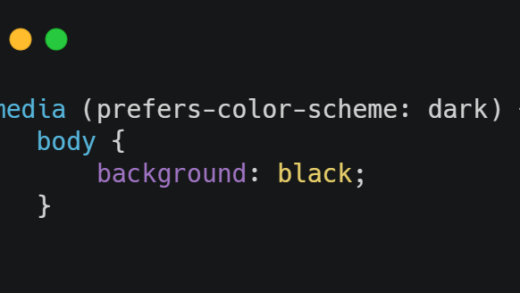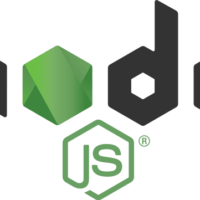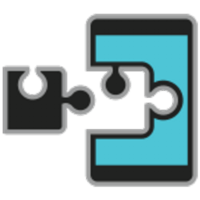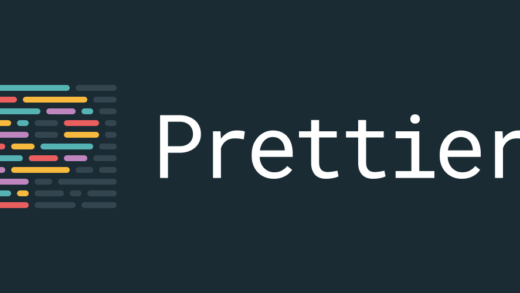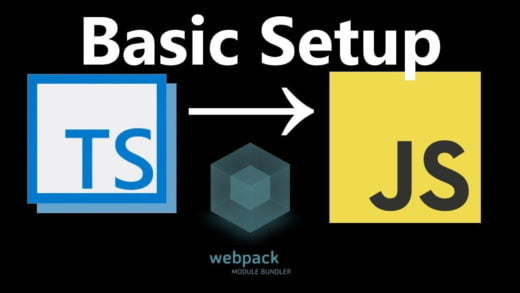Using your home or office internet is great for surfing the web and reading emails, but there are tasks that require an enhanced connection. Many tasks require you to bypass geo-restrictions, others won’t work if you won’t shield your IP address. Both of these functions can be achieved with a dynamic residential proxy.
Residential proxies
Residential proxies act as intermediaries routing your connection through a third-party device. This process enables you to hide your IP address and select a proxy server in a different location. Websites won’t track you, and you can access content as if visiting from another location.
Other proxy types can achieve this as well, but residential proxies differ in one crucial aspect. They use physical devices, such as household PCs, and an internet connection verified by an Internet Service Provider (ISP). This process ensures the highest level of anonymity.
You won’t appear any different from other visitors using residential proxies. It’s important because websites aren’t keen on allowing proxy connections. Frequently, they are used by bad actors to perform DDoS attacks or violate the terms of service. As a result, websites impose various restrictions for proxy connections.
Most often, these are the infamous CAPTCHA tests that won’t allow you to perform any actions unless you prove you aren’t a bot. This isn’t a problem if you get CAPTCHAs rarely, but when you get a test every ten minutes, your efficiency will drop, even if your connection is fast in other respects.
That is the problem many Datacenter proxy users face, while residential proxies solve it quite easily. Their setup uses ordinary home connections, which are highly unlikely to be flagged for pervasive security measures. Web servers can differentiate these proxies by IP addresses alone.
So, before routing your connection with a proxy and shielding your original IP address, you must consider the legitimacy of the proxy IP address. Residential proxies are the most legitimate type because their IPs are sourced from ordinary households, just like the ones you use at home.
Are residential proxies legal?
An obvious question arises here for anyone interested in purchasing a residential proxy – how do providers acquire these IP addresses? After all, your own home IP is assigned to you personally, and it’s hard to imagine that you might be sharing this connection with someone remotely.
Residential proxies from reputable providers are entirely legal. They make agreements with people who are willing and able to share their home connections across the world. Usually, it includes some form of compensation for them and rigorous testing of whether the connection is fast enough.
Some untrustworthy providers, especially free ones, are sourcing residential proxies by morally dubious methods. For example, some software programs and apps have in their clauses the possibility of making the user’s connection a proxy server. Technically, the user agrees to such use, but since no one reads the terms, it’s unethical.
It’s a widely denounced practice for sourcing residential proxies. Some countries are even considering legislation to fight this. So, if you want to stay on the good side of the law, research whether your proxy provider uses ethical methods to acquire residential IPs.
Types of residential proxies
Even if you already know that you need a residential proxy for the highest level of anonymity, you still need to make a couple of choices. All proxy types can also come in a few different configurations, and residential proxies are no exception. Two choices impact the efficiency and price the most.
Rotating and static
The first decision you’ll have to make is whether your proxy server will be static or dynamic (also known as rotating). The first type ensures you have continuous access to the same proxy IP address for a given amount of time.
It is useful for tasks when you need to spend more time with one IP address. For example, purchasing something from an e-commerce shop will require continuous access to one IP address. Otherwise, the website might get suspicious, and start testing whether you are a bot.
A residential proxy rotating IPs while you surf the web can also be useful. In some cases, you might need access from multiple IPs as the website restricts how much one user can access. It’s a frequent problem for web scraping practitioners, so they choose dynamic residential proxies.
They are the best option for ensuring you have the most legitimate connection and can access content simultaneously from multiple IPs. For this reason, rotating residential proxies are a solution for managing multiple social media accounts, performing ad verification, SEO, online automation, or other advanced tasks.
Private and shared
In most circumstances, it’s recommended to choose a private proxy. A dedicated connection will ensure that you have the best speed, undisturbed by the activity of other users. It usually also comes with more guarantees from the provider that your residential IP address is not banned or otherwise restricted for the websites you intend to visit.
However, private proxies don’t come cheap. They can be twice as expensive as shared ones, especially if you compare private residential proxies to shared datacenter ones. Your expenses grow even more if you want to use private dynamic proxies. In such a case, you must have your own private pool of at least a few IPs.
To cut the costs, especially at the beginning of your project, you might use shared dynamic residential proxies. They will perform a bit worse with speed drops, but you will also pay significantly less for them.
Most providers also rotate shared residential proxies automatically to balance the load between users. If you specifically need your proxies to be dynamic, this is a great choice, as you won’t need to set up rotation yourself.
Wrapping up
While your home connection is great for ordinary uses, enhancing your online connectivity for tasks like web scraping or social media management requires proxies. Dynamic residential proxies are versatile solutions. They might cost more, but you’ll save in the end.


